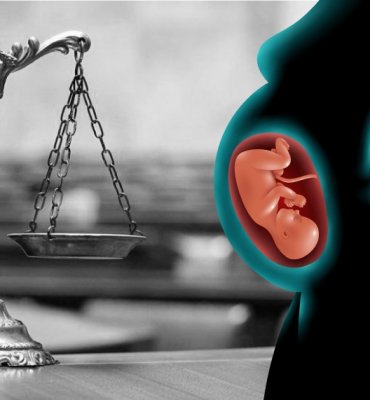
Dr. Rachna Mishra is an Assistant Professor of Psychology at FLAME University, Pune. Read the complete article for insightful analysis by Dr. Mishra, the thought piece sheds light on the ethical implications and challenges posed by this trend.
With the conversation surrounding mental health becoming increasingly prominent, Indian society has unquestionably progressed in comprehending and acknowledging the importance of mental health awareness and care. The psychological aftereffects of the lockdown during the pandemic contributed significantly in making the discourse around mental health prevalent. A hopeful survey conducted in 2018 unveiled that almost 87 per cent of participants from five major Indian cities were conscious of mental health issues. While this is indeed a massive step forward, there has been one concerning trend with the inappropriate and rampant misuse of “mental health” as an excuse for academic misconduct in educational spaces. Research suggests that individuals involved in academic dishonesty may persist in displaying unethical behaviours in their professional practice. Therefore, it is imperative to address lapses in academic conduct in a timely and effective manner. There is a wealth of evidence indicating that academic dishonesty is widespread among students in higher education. A survey done by Learning Spiral found that almost 73 per cent of students cheat during online examinations.
Situations of misconduct are, however, not only limited to cheating in evaluations but also lying or falsifying information and plagiarism. With the advent of technology-driven teaching and learning, the cases of academic dishonesty have become even more concerning and widespread. Exploitation of mental health issues as ‘acceptable’ and ‘reasonable’ justifications for unethical academic conduct is frequently utilized by students attempting to avoid facing repercussions for their actions.
Often issues related to anxiety, pressures to succeed, a dysfunctional lifestyle due to erratic sleep or eating schedules, and inability to manage the demands of a student life are quite rampant in the lives of young people. A questionable action undertaken with a fuzzy judgment as a result of a host of issues like these is not uncommon. While acknowledging mental health as a genuine concern must happen on an individual basis, frequently it has been observed that engaging with "mental health" serves as a coping mechanism, a defensive approach to sidestepping the actual problem, instead of confronting the genuine pain that is frequently essential.
Balancing Act: Challenges of Appropriate Responding
Usually, faculty is at the front line to respond to breaches in academic integrity. The academic standards and policies of a university commonly offer faculty a spectrum of consequences to address instances of cheating, plagiarism, and unprofessional behaviour, but when reasons of poor mental health are brought into the picture, undertaking a reasonable action on the spot becomes a challenge. Unfortunately, there is a lack of clear guidelines to assist faculty in making difficult decisions regarding the suitable consequences for these breaches. Situations, where dishonesty is justified with poor mental health, are often problematic for teachers and professors, who must, on one hand, express unconditional acceptance and empathy, while on the other hand uphold responsibility not to normalise such acts on the pretext of mental health. The blurring of boundaries between a well-thought-out misconduct and a lapse of judgment due to a mental disorder is sufficient to put one at a fix on the right course of action.
Nurturing Mental Health Support while Safeguarding Academic Integrity
Addressing academic misconduct requires a nuanced approach that considers the impact of mental health and the preservation of educational integrity. It is crucial to cultivate an environment that promotes open dialogues about mental health while avoiding providing an easy way out for those attempting to exploit the system. Institutions need to establish explicit procedures for addressing mental health issues, ensuring students receive the necessary support while upholding the institution's academic integrity. This involves implementing comprehensive mental health services, reducing the stigma around seeking help, and nurturing a culture of empathy. Appropriate considerations also have to be put in place to curb instances of such misconduct in education. To boost academic honesty, it is advised to promote positive learning environments, nurture institutional integrity, build robust faculty-student relationships, and involve students in meaningful discussions about academic expectations and values.
Additionally, it is vital to educate students about the repercussions of academic misconduct and underscore the significance of personal responsibility. It is imperative for educational institutions to actively promote a culture that values honesty and integrity to foster an environment where students feel motivated to seek help for their mental health challenges. In such a culture, students wouldn't feel the need to resort to dishonest academic practices as a means of coping with their mental health issues. Instead, they would be encouraged to openly and honestly address their mental health concerns through the available support systems.
Addressing the misuse of mental health for academic dishonesty requires a multifaceted approach. Universities play a pivotal role by ensuring that robust mental health support and services are readily available for students. It is imperative to create an environment where students feel comfortable openly seeking assistance for mental health issues without fear of judgment. Simultaneously, clear communication is essential – students must be explicitly informed that while support for mental health concerns is encouraged and available, engaging in academic dishonesty will not be condoned or justified under the pretext of mental health challenges. By fostering an atmosphere of understanding and accountability, educational institutions can promote both academic integrity and mental well-being.










